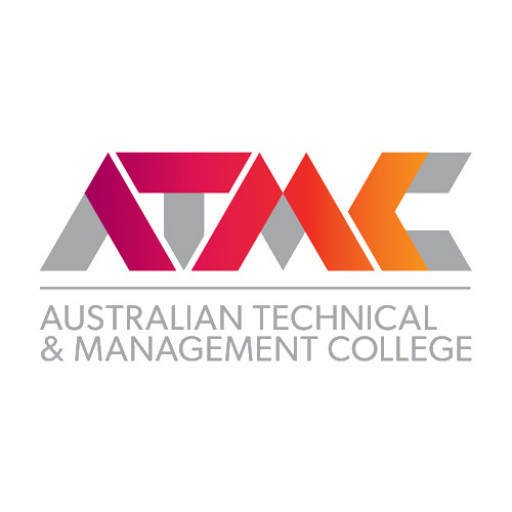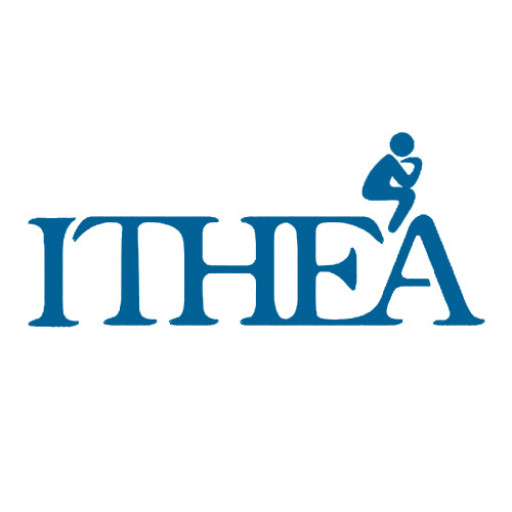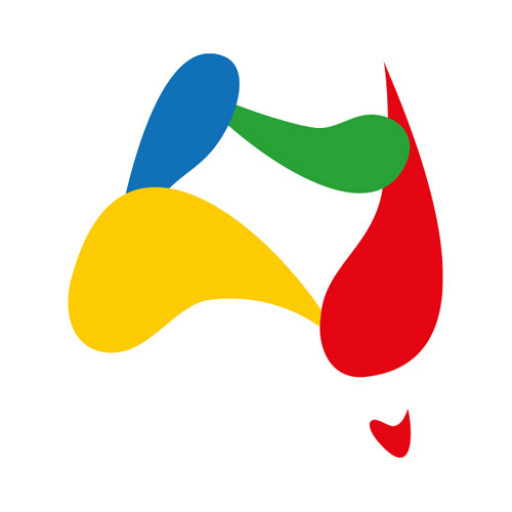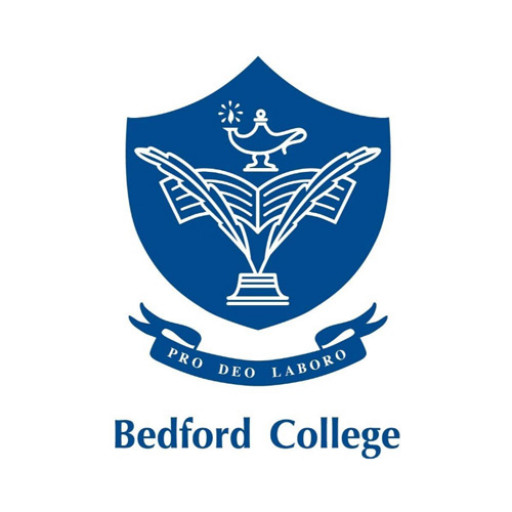The Early Childhood Education and Care program at Chisholm Institute provides students with comprehensive training and practical skills necessary to excel in the vibrant field of early childhood education. Designed to prepare participants for rewarding careers, this program covers a broad range of topics including child development, health and safety, curriculum planning, and classroom management. Students will gain essential knowledge on fostering inclusive learning environments that support the diverse needs of children from infancy to preschool age. The coursework emphasizes hands-on learning through simulated classroom settings and work placements, enabling students to apply theoretical principles in real-world scenarios. Graduates of this program will be equipped with the competencies required to work as early childhood educators, childcare workers, or in related roles within community services and childcare centers. The curriculum aligns with national standards and industry requirements, ensuring graduates are employment-ready and capable of contributing positively to children's developmental outcomes. Throughout the course, students will develop strong communication, teamwork, and problem-solving skills, vital for engaging effectively with children, families, and colleagues. The program also emphasizes ongoing professional development and adherence to ethical practices in early childhood education. With access to modern facilities and supportive teaching staff, students are guided through every stage of their learning journey. Whether aspiring to work locally or seeking to enhance their qualifications, participants will leave equipped with the knowledge, practical experience, and confidence needed to make a meaningful difference in the lives of young children and their families.
The Early Childhood Education and Care program at Chisholm Institute provides students with comprehensive training to pursue a rewarding career in early childhood education. This program covers essential areas such as child development, understanding diverse needs of children, implementing educational programs, and ensuring the health and safety of young children. Students will learn to create a stimulating and inclusive learning environment that supports children's social, emotional, and cognitive development. The curriculum combines theoretical knowledge with practical skills, enabling students to confidently work with children from birth to five years old. Throughout the course, learners will engage in hands-on placements within licensed early childhood settings, allowing them to apply classroom theories in real-world situations under supervision. The program emphasizes the importance of fostering positive relationships with children, families, and colleagues, as well as adhering to legal and ethical standards in early childhood education. Graduates of this program are prepared to work in a variety of roles, such as early childhood educators, family day care providers, or center directors. The program also equips students with the necessary skills to pursue further studies in education or related fields. With the demand for qualified early childhood professionals increasing, completing this program opens up numerous employment opportunities across Victoria and beyond. Chisholm Institute's dedicated trainers and modern facilities ensure students receive a high-quality education grounded in current industry standards and best practices. Upon successful completion, students will receive a nationally recognized qualification that enables them to contribute meaningfully to the growth and development of young children, supporting their journey during these vital early years.
The Early Childhood Education and Care program at Chisholm Institute is designed to equip students with the essential skills and knowledge needed to work effectively in the early childhood sector. To successfully enroll and complete this program, students are expected to meet certain requirements that ensure their preparedness and commitment to the profession. Firstly, applicants should possess a minimum of Australian Year 12 (or equivalent) qualification, demonstrating their foundational academic abilities. Additionally, prior experience working with children, such as volunteering or employment in childcare settings, is highly desirable as it provides relevant practical exposure and commitment to the field. International students are typically required to demonstrate English language proficiency, usually through IELTS or equivalent tests, with a common requirement of a minimum score of 5.5 overall, with no band less than 5.0, or equivalent such as TOEFL or PTE scores.
Students must also complete a series of prerequisite assessments, which may include health and immunization checks, police background checks, and Working with Children Checks, to ensure suitability for working with vulnerable populations. The program necessitates participation in both classroom learning and practical placements. Practical placement requirements generally include completing a specified number of hours—commonly 160 hours—of supervised work in approved early childhood settings, such as kindergartens, preschools, or childcare centers. These placements allow students to develop hands-on experience in designing and implementing educational activities, supporting children's development, and ensuring adherence to safety and regulatory standards.
Prior to commencing practical placements, students are typically required to undertake compulsory training related to child safety, emergency response, and mandatory reporting, to comply with legislative requirements and ensure a safe environment for children. Students should also meet the requirements related to digital literacy, communication skills, and teamwork, as these are essential for effective engagement with children, families, and colleagues. The program may also specify suitability for employment, such as demonstrating a genuine interest in early childhood development and a professional attitude. Overall, these requirements aim to prepare students comprehensively for employment in Early Childhood Education and Care roles, ensuring they possess the necessary academic knowledge, practical skills, and personal attributes to thrive in this rewarding sector.
The Early Childhood Education and Care program at Chisholm Institute offers a range of financing options to support students in their educational journey. Students can access government funding through the Australian Vocational Education and Training (VET) funding schemes, which are designed to reduce the financial burden of study costs such as tuition fees, materials, and access to resources. These schemes include initiatives like the Skills First program, which subsidizes tuition fees for eligible students, particularly those who are under 24 years old, Aboriginal and Torres Strait Islander students, or those from socially disadvantaged backgrounds. Additionally, students may qualify for fee exemptions or concessions if they meet specific criteria, such as concession card holders or those undertaking re-skilling or further education.
Chisholm Institute also provides options for various payment plans, including upfront payment, payment by installment, or applying for bursaries and scholarships that can significantly lower the overall cost. Scholarships are often available based on academic merit, financial need, or specific demographic criteria such as Indigenous status or disability. International students enrolling in this program must typically pay full tuition fees, which vary depending on the course length and intensity, with precise figures provided upon application.
Furthermore, students enrolled in this program can explore financial support through Commonwealth and State government schemes, including student loans where applicable, such as VET Student Loans, which may cover part of the tuition fee—though eligibility criteria are strict. Chisholm also offers flexible study options, making it easier for students to balance work and study commitments, potentially enabling them to finance their education through part-time employment.
Students are encouraged to consult the Chisholm Institute's financial advice services for personalized assistance and detailed information on current funding opportunities, application procedures, and eligibility requirements. Overall, the financing options aimed at supporting students enrolled in the Early Childhood Education and Care program are designed to make vocational education accessible, affordable, and aligned with Australia's broader workforce development goals in early childhood education.
The Certificate III in Early Childhood Education and Care at Chisholm Institute is designed to prepare students for a range of roles within early childhood education and care settings. This qualification provides learners with the foundational skills necessary to work with children from birth to five years of age, supporting their development and well-being in various educational environments. The program emphasizes practical skills, including creating safe and engaging learning environments, implementing curriculum programs, and fostering positive relationships with children and their families. Throughout the course, students gain valuable knowledge of child development, health, safety standards, and compliance requirements mandated by regulatory bodies.
Students undertake a combination of theoretical coursework and practical placements to ensure they are job-ready upon completion. These placements are conducted in approved early childhood centers, offering real-world experience and the opportunity to apply learned skills in authentic settings. The program covers essential topics such as leadership and team collaboration, communication skills, and cultural competence, ensuring graduates are well-prepared to meet diverse needs within early childhood settings. Additionally, the qualification aligns with national training packages and standards, ensuring recognition across Australia.
Graduates of this program can pursue employment options such as childcare assistant, educator, or family daycare worker. Furthermore, the qualification serves as a pathway to further studies in childhood education or related disciplines, potentially leading to advanced roles such as center supervisor or preschool director. Chisholm Institute also provides support services, including career guidance and job placement assistance, to help students transition into the workforce successfully. The program is suitable for individuals passionate about working with young children and committed to making a positive impact on early childhood development. Overall, this qualification offers a comprehensive foundation for a rewarding career in the early childhood education and care sector, addressing societal needs for quality care and education for young children.









